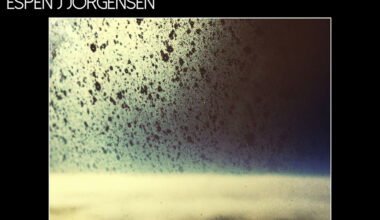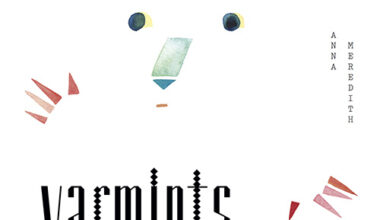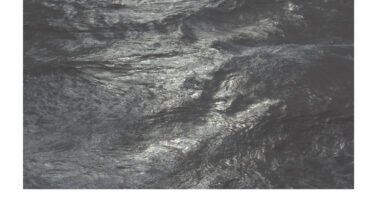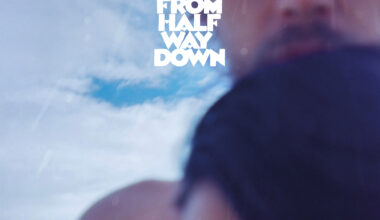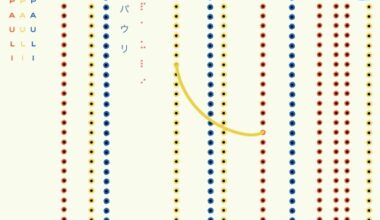Given that Factory Records svengali Tony Wilson made it his mission to establish Manchester as centre of the musical universe, you can see why he chose A Certain Ratio as the first band to release a single on the label.
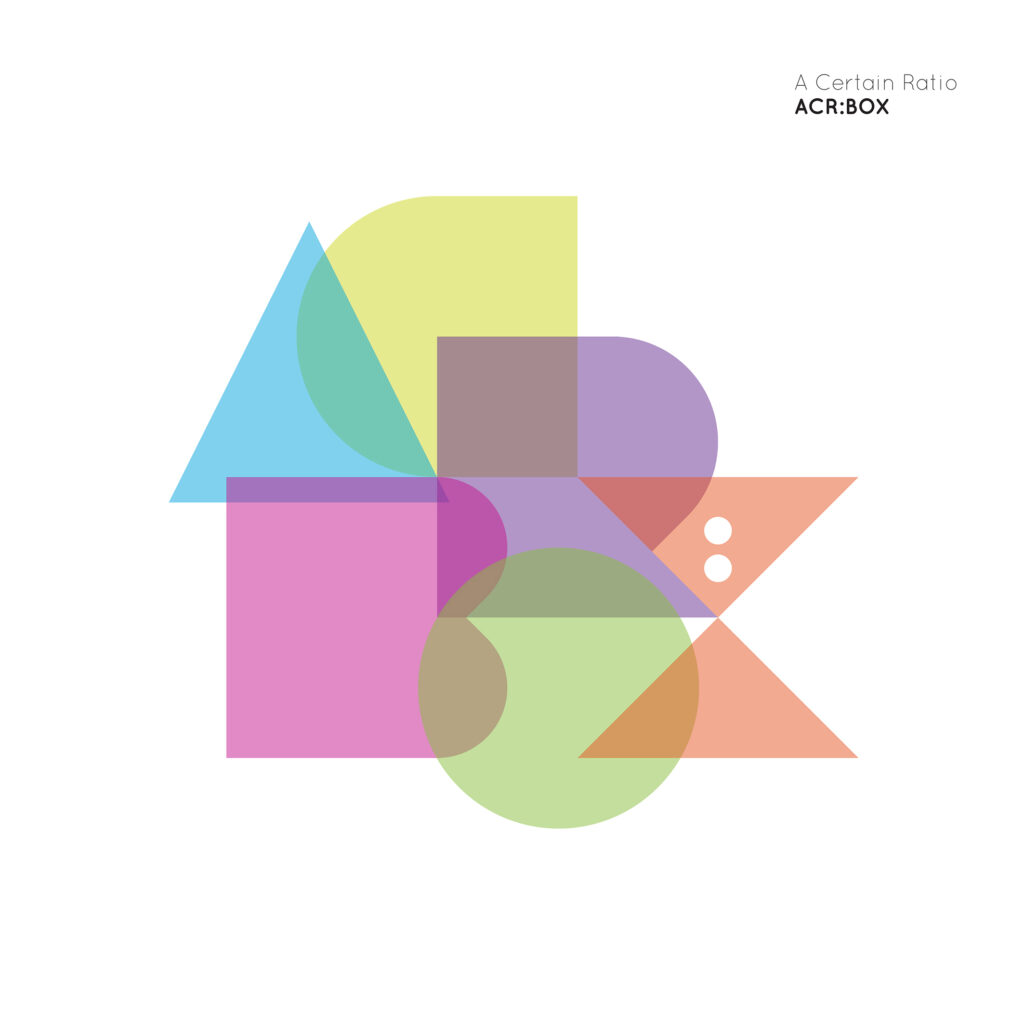
The Mancunians, who are currently celebrating the 40th anniversary of the release of that single, are a central point around which numerous genres and sub-genres whirl. They’re typified as the creators of punk funk, which is certainly true, but this 54-track treasure trove of rarities and unreleased tracks demonstrates, they’re so much more.
A glimpse at the names involved in ‘ACR:BOX’ alone shows how they have joined the dots between countless styles throughout those four decades. Factory’s resident sonic architect Martin Hannett stamps his production clout all over the early material, but beyond that we bump into everyone from Smiths guitarist Johnny Marr and New Order’s Bernard Sumner, house icon Jon Dasilva, and Denise Johnson, the voice of Primal Scream’s acid era anthem ‘Don’t Fight It, Feel It’ who these days finds herself a fully paid up member of ACR.
The presence of Grace Jones and David Byrne is felt closely too, in the shape of a cover version of Talking Heads’ ‘Houses In Motion’, which was destined to be voiced by Jones. She turned up for the session, but then decided against providing the vocals, but the demo version, replete with its deadpan northern guide vocal from Jez Kerr, sounds utterly thrilling regardless. Her loss is our gain, it has to be said, and the bubbling leftfield funk of the alternate instrumental version could be an outtake from ‘My Life In The Bush Of Ghosts’. Not that surprising, perhaps, when we remember the band actually took their name from the lyrics of Eno’s ‘The True Wheel’ from 1974’s ‘Taking Tiger Mountain (By Strategy)’.
This collection plugs the gaps left by last year’s album reissues, and as such gives us even more of a picture of their experimental impact. These are the moments at which ACR are given license to really push the envelope, and these moments reveal other, less well-known dimensions. The effect and mix techniques of dub culture are not that closely associated with the band, but it’s well represented here. ‘Sommadub’ makes full use of their luxurious brass sound to drench an authentic, Lee “Scratch” Perry-esque framework in glorious, echoing trumpets. ‘Can You Dance’, from much later in their career, sees similar influences incorporated into a low slung hip hop groove that you might be tempted to term baggy if only it didn’t sound so comfortable in its own skin.
Equally, with the Mancunians being best known for their live percussion-powered sound, their extensive forays into electronic programming will be a revelation to the less well acquainted too. The tantalisingly short, rumblingly rhythmic and melodically understated ‘Repercussions (African Mix)’ and a demo version of ‘BTTW 90’, which pits eerie Gregorian chants against shiny drum machine shimmering, show how at ease they are shifting into electronic gear. The demo of ‘Spirit Dance’ (although in truth, far too polished and accomplished for the “demo” tag) boasts the delicate touch of Kraftwerk and the euphoria of Orbital. Equally snazzy and modern sounding is Electronic’s radio edit overhaul of the legendary ‘Shack Up’, every bit as streamlined and aerodynamic as the original was rough and ready, with the added bonus of some effortless but typically stirring Johnny Marr guitar-slinging. Jon Dasilva’s Testimonial mix of ‘27 Forever’ is a delight too, starting out all Stevie Wonder jazz funk riffing and morphing into frisky house via a twist of Yello-style honking.
With a 54-track array of deep cuts there are plenty of other surprises too. You’ve got to love, for instance, their convincing and utterly logical flirtation with the cowbell-heavy sound of go-go, ‘Nostromo A Go Go’. The early and lesser known single ‘Blown Away’ proves a revelation too, making the leap from punk to funk and providing the kind of strident grooves that the 12-inch single was invented to accommodate. A rare, formerly cassette-only version of ‘Si Fermir O Grido’ is another gem that was well worth unearthing, blending jazz funk sassiness with a cavalcade of half-African, half-Brazilian beats.
The chronological nature of the collection means their constantly evolving sonic journey is traced beautifully across four decades, and there’s also a pleasing sense of a circle being completed with their very latest effort, ‘WSLU’, echoing the deft songwriting and heart-on-sleeve emotions of that very first single ‘All Night Party’.
Much more than an exercise in completism, ‘ACR:BOX’ is actually a guide to this hugely underrated and yet massively influential act at its most free, and very best.

